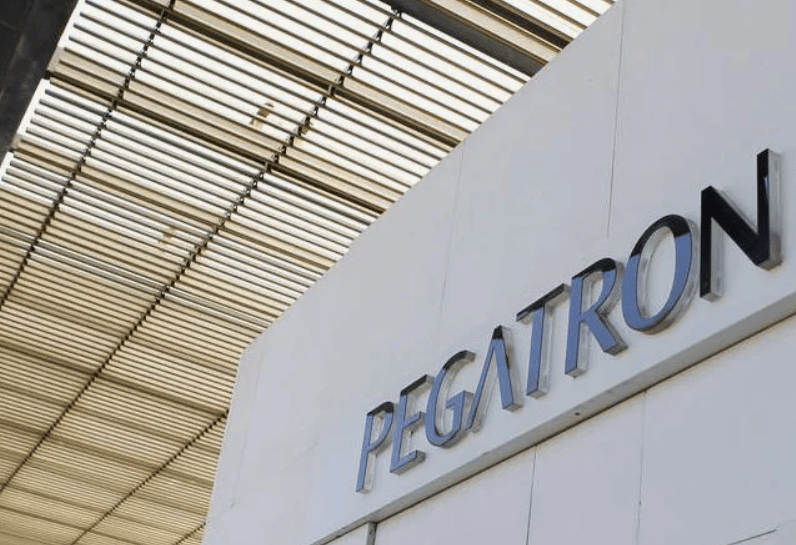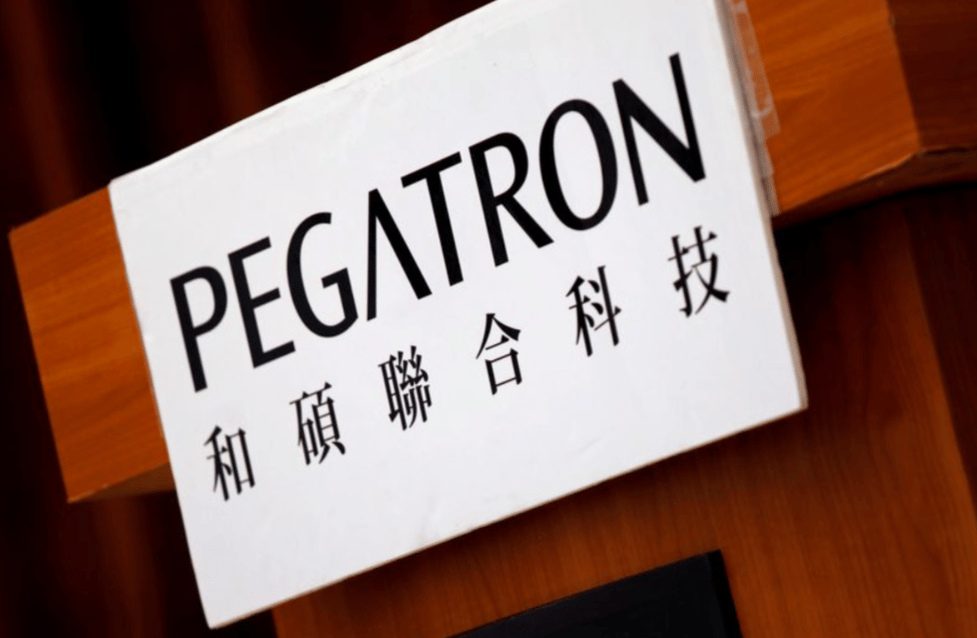Pegatron Warns of Potential Electronics Shortage Amid U.S. Tariff Uncertainty
Pegatron Corp. $4938.TW, a key manufacturing partner for global technology giants Apple Inc. $AAPL and Dell Technologies Inc. $DELL, has raised alarms over the growing confusion among American clients caused by shifting U.S. trade policies. The ongoing uncertainty surrounding tariffs under President Donald Trump’s administration is now threatening to disrupt the steady supply of consumer electronics into the United States.
This development adds another layer of complexity to an already strained global supply chain and highlights the unintended consequences of protectionist measures on both suppliers and end markets.
Key Factors Behind the Rising Supply Chain Challenges
Several critical issues are contributing to the situation Pegatron has described:
Erratic Tariff Policies: The inconsistent imposition and suspension of tariffs have made it difficult for U.S. retailers to plan procurement and inventory management effectively.
Supply Chain Disruptions: Frequent policy reversals are forcing companies to reassess sourcing strategies, leading to potential delays and inefficiencies.
Regional Manufacturing Shifts: Although some tariffs were recently lifted on imports from Vietnam, Indonesia, and India — all significant production hubs for Pegatron — the overall landscape remains volatile.
Persistent 10% Import Tariff: Despite some rollbacks, a 10% tariff continues to affect a broad range of products entering the U.S., maintaining pressure on costs.
Consumer Electronics at Risk: With major holiday shopping seasons approaching, any disruption in supply could result in shortages of key products like smartphones, laptops, and accessories.

Underlying Themes Shaping the Current Landscape
Beyond the immediate operational issues, broader trends are also at play:
Strategic Manufacturing Diversification: Companies like Pegatron are increasingly investing in production facilities outside of China to mitigate risks.
Retailers Facing Decision Paralysis: U.S. distributors and sellers are hesitant to commit to large-scale orders amid pricing uncertainty.
Increased Costs Likely Passed to Consumers: Rising import tariffs are expected to eventually translate into higher retail prices.
Geopolitical Tensions Reshaping Supply Chains: The uncertainty is encouraging long-term shifts in the global manufacturing map, particularly across Southeast Asia.
Risk of Inventory Shortages: A lack of clear guidance could lead to stockouts of high-demand products, impacting both revenue and customer satisfaction.
These dynamics suggest that even well-diversified companies are struggling to shield themselves from policy-driven market shocks.
What Industry Stakeholders Are Watching Closely
Recent developments have placed several critical issues under close industry scrutiny:
Future U.S. tariff announcements that could either exacerbate or ease existing pressures.
Shifts in Pegatron’s manufacturing strategies, particularly expansions in Vietnam, Indonesia, and India.
Potential supply bottlenecks ahead of key retail seasons, especially for high-end electronics.
Responses from other major tech firms that rely on Asian suppliers, including Apple and Dell.
Long-term realignments in global trade flows as companies attempt to build resilience against geopolitical risks.
While short-term disruptions loom, the broader realignment of global supply chains is likely to have lasting impacts on the electronics market well into the future.















Comments